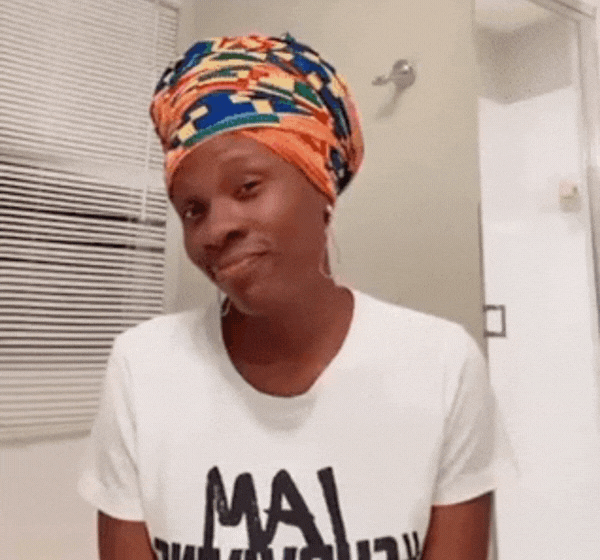|
|
|||||
The world is changing. This week, we look at Africa’s rising power to shape it, and what African leaders are demanding. |
|||||
|
|
|||||
Africa’s political riseAfrican leaders hold increased sway on the global stage, and they’re using it. That was on display at this year’s United Nations General Assembly, which concluded on Monday. In speech after speech, African leaders roasted an international system created during a very different time – shortly after World War II – that they, accurately, argue is no longer fit for today’s challenges. Three themes emerged at UNGA, and they reflect a set of unified African demands of the international community. – Serah Makka, Executive Director, Africa 3 things to know1. African demands for UN Security Council reform are growing louder. 📣 A chorus of African leaders called for UN Security Council reforms that provide African countries permanent seats with veto power. By our count, 33(!) African countries mentioned Security Council reform in their speeches at the General Assembly. Kenyan President William Ruto was blunt in his criticism, calling the council “dysfunctional, undemocratic, non-inclusive, unaccountable, autocratic, and opaque.” Why it matters: Frustration over the Security Council’s power asymmetry has been simmering for a long time. In 2005, African countries endorsed the “Ezulwini Consensus,” which called for “not less than two permanent seats” with veto power and five non-permanent seats for Africa. Only the Security Council’s permanent members — China, France, Russia, UK, and US — hold veto power, whilst the 10 elected members, which serve two-year, nonconsecutive terms, do not. Frustration has reached a boiling point in recent years, especially after the Security Council failed to address Russia’s war in Ukraine and the crisis in Gaza. Thanks, but no thanks: Ahead of UNGA, the US said it supported creating two permanent seats for African countries on the Security Council – without veto power. That offer was swatted aside by African leaders, who are justifiably unwilling to accept less than equal representation. 2. African leaders are singing from the same chorus sheet about financial architecture reform. The speeches of 34 African leaders at UNGA called for reforms to the international financial system. Their demands ranged from increased African representation at multilateral institutions like the IMF and World Bank, to debt reform, to a more fair trade system. Why it matters: 20 low-income countries in Africa are in, or at risk of, debt distress. Yet the G20 Common Framework for Debt Treatments is yet to prove that it can offer an effective solution to resolving debt crises at the scale or speed required. Meanwhile, the voting share of Africa’s 54 countries at both the IMF and World Bank is less than 7%, despite accounting for 18% of the world’s population. Dumb stat: Nigeria has nearly 3 times as many people as Germany, but 1/10 its IMF voting power.  3. Africans are demanding increased climate action and support. 35 African countries used their UNGA speeches to call on the international community to prioritise climate action. That included urging rich countries to fulfil their climate finance and emissions reduction commitments, financing the Loss and Damage Fund, and helping African countries meet their climate mitigation, adaptation, and energy transition goals. Why it matters: Africa has 60% of the world’s best solar resources, but just over 1% of installed capacity. With investment, Africa could not only solve its energy poverty problem (600 million Africans lack reliable electricity), but supply energy to the world. Achieving Africa’s energy and climate goals will require over US$190 billion per year from 2026 to 2030, with two-thirds going to clean energy. Yet ONE’s research shows that nearly two-thirds of climate finance commitments aren’t recorded as disbursed or have little to do with climate. From the ONE Team
 |
|||||
|
|
|||||
In the queue:
|
|||||
|
|
|||||
The ONE Campaign’s data.one.org provides cutting edge data and analysis on the economic, political, and social changes impacting Africa. Check it out HERE. |
|||||
|
|
|||||
|
|
|||||
|
|
|||||
|
|
|||||
Did you like today's email?Loved it Mehhh Hated it |
|||||
|
|
|||||
Did you like today's email?Loved it Mehhh Hated it |
|||||
|
|
|||||
Wie hat dir dieser Newsletter gefallen?Richtig gut! Ging so… Überhaupt nicht. |
|||||
|
|
|||||
|
|||||
|
|||||
|
|||||
|
This email was sent by ONE.ORG to test@example.com. You can unsubscribe at any time. ONE Campaign |
